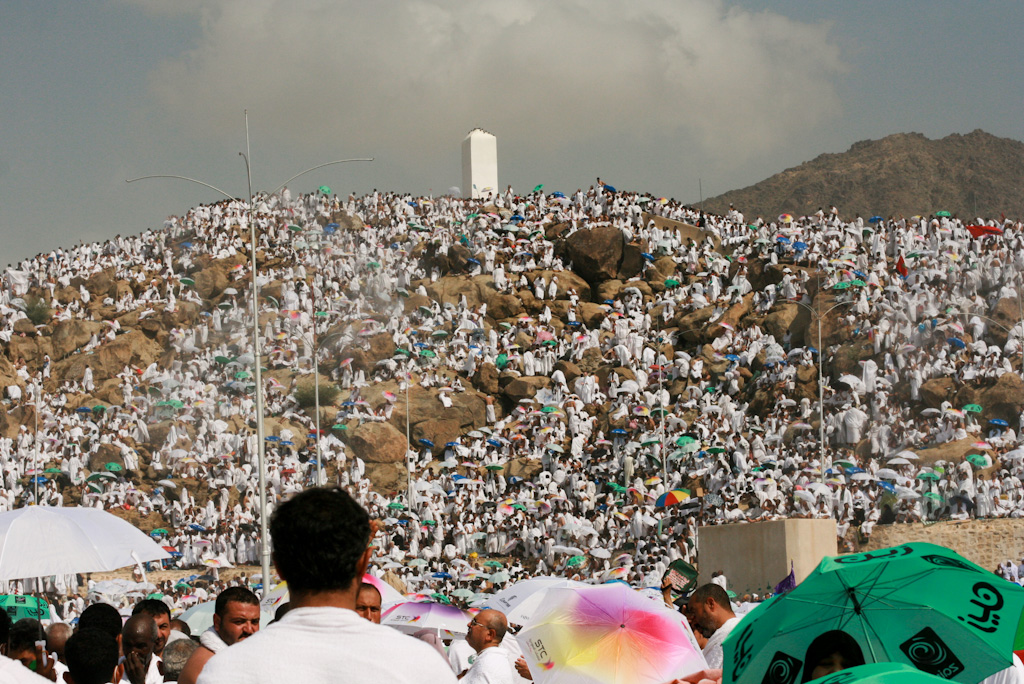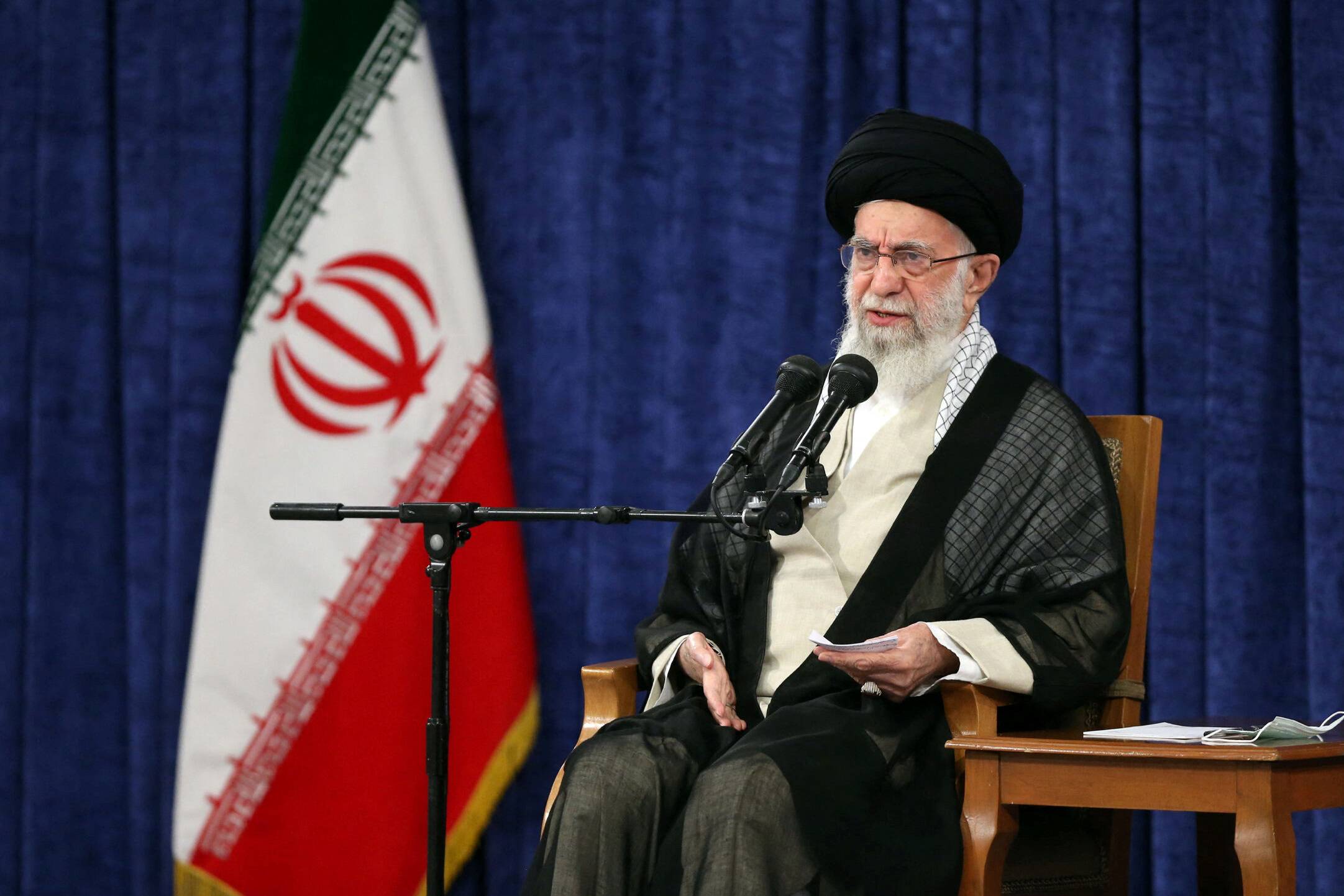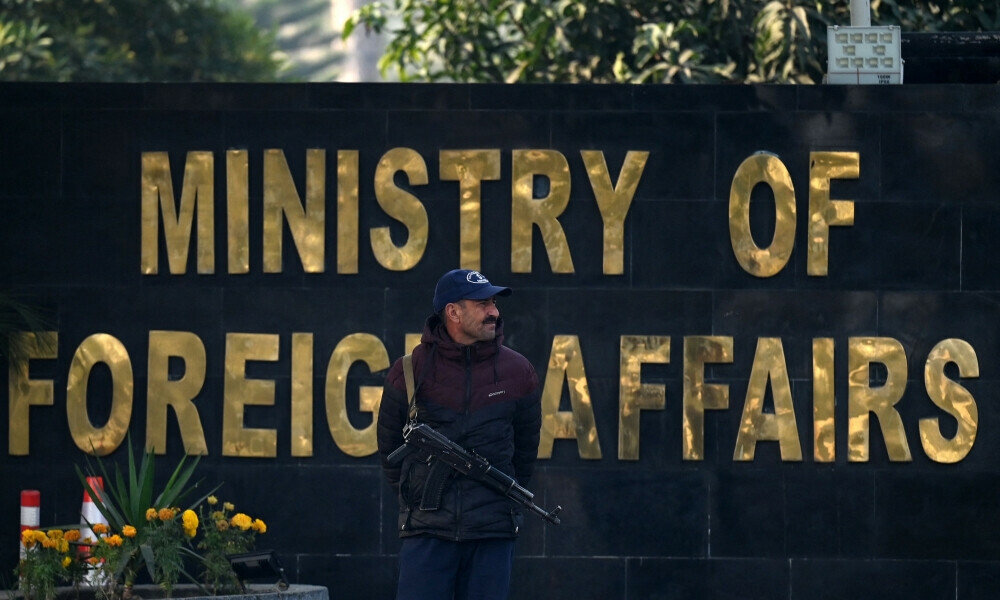Today, over two million Muslim pilgrims from around the world have congregated in the holy land of Islam to perform Waqoof-e-Arafah, the central ritual of Hajj. This significant event takes place on the 9th of Zil-Hajj in the Islamic calendar, marking a pivotal moment in the pilgrimage.
The main rituals of Hajj are conducted in Arafah, where pilgrims move after spending the night in Mina. Waqoof-e-Arafah, which means ‘standing in Arafah,’ is performed from Zuhr (midday) to sunset. During this time, the pilgrims engage in prayers, supplications, and reflections, seeking forgiveness and blessings.
At Arafah, the Imam of Nimra Mosque delivers a powerful sermon to the gathered pilgrims. This sermon is a highlight of the day, offering guidance and spiritual reinforcement. Following the sermon, pilgrims perform combined Zuhr and Asr prayers in congregation.
After spending the day in Arafah, the pilgrims travel to Muzdalifah after the Maghrib (sunset) prayer. Here, they offer combined Maghrib and Isha prayers and spend the night under the open sky. This night is spent in contemplation and prayer, with pilgrims collecting pebbles for the next day’s ritual.
On the morning of the 10th of Zil-Hajj, after Fajr (dawn) prayer, pilgrims journey back to Mina to perform the act of Rami. This ritual involves stoning the large pillar representing Satan, symbolizing the rejection of evil. This act commemorates the actions of Prophet Ibrahim (A.S).
Following the stoning, pilgrims partake in the act of shaving their heads or trimming their hair, signifying a state of spiritual renewal and humility. They then remove their Ihram garments, marking the completion of the Hajj rituals.
The culmination of the Hajj is marked by the celebration of Eidul-Azha. Muslims around the world observe this festival by sacrificing halal animals, commemorating the willingness of Prophet Ibrahim (A.S) to sacrifice his son in obedience to God. The meat from these sacrifices is distributed among family, friends, and the needy.
Hajj is one of the five pillars of Islam and is an obligation that must be fulfilled at least once in a lifetime by all Muslims who are physically and financially able to undertake the journey. It represents a profound act of faith and devotion, symbolizing unity, equality, and submission to Allah.
The Day of Arafah, falling on the 9th day of Dhul Hijjah, is one of the holiest days in the Islamic calendar. The exact date varies each year based on the lunar cycle. For Muslims performing Hajj, it is an integral part of the pilgrimage. For those not on the pilgrimage, it remains a day of fasting, prayer, and seeking forgiveness.
The Day of Arafah holds immense spiritual significance. It is believed that on this day, Allah descends to the nearest heaven, praising His servants on Earth and granting forgiveness to those who seek it sincerely. This day is an opportunity for Muslims worldwide to engage in deep prayer and reflection.




